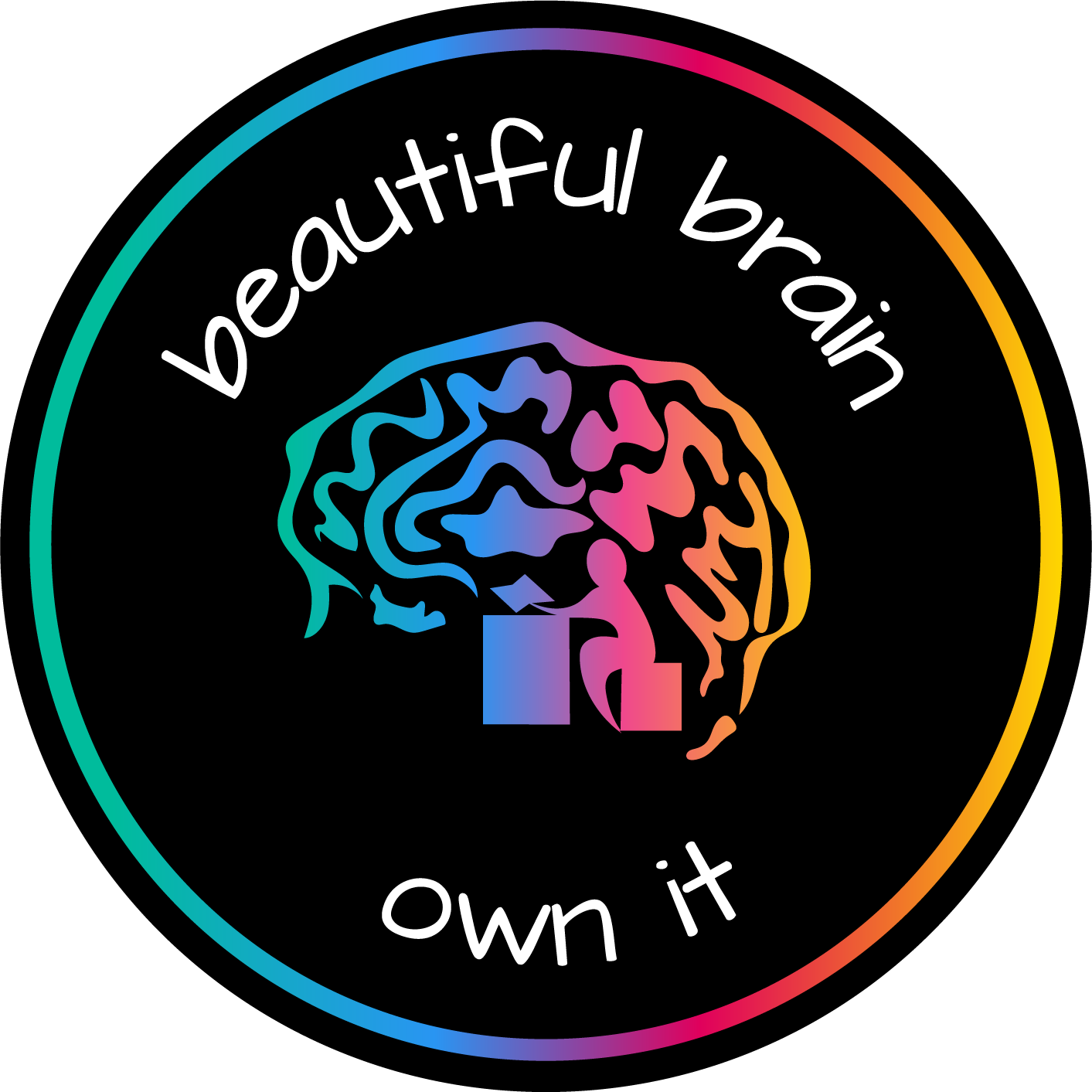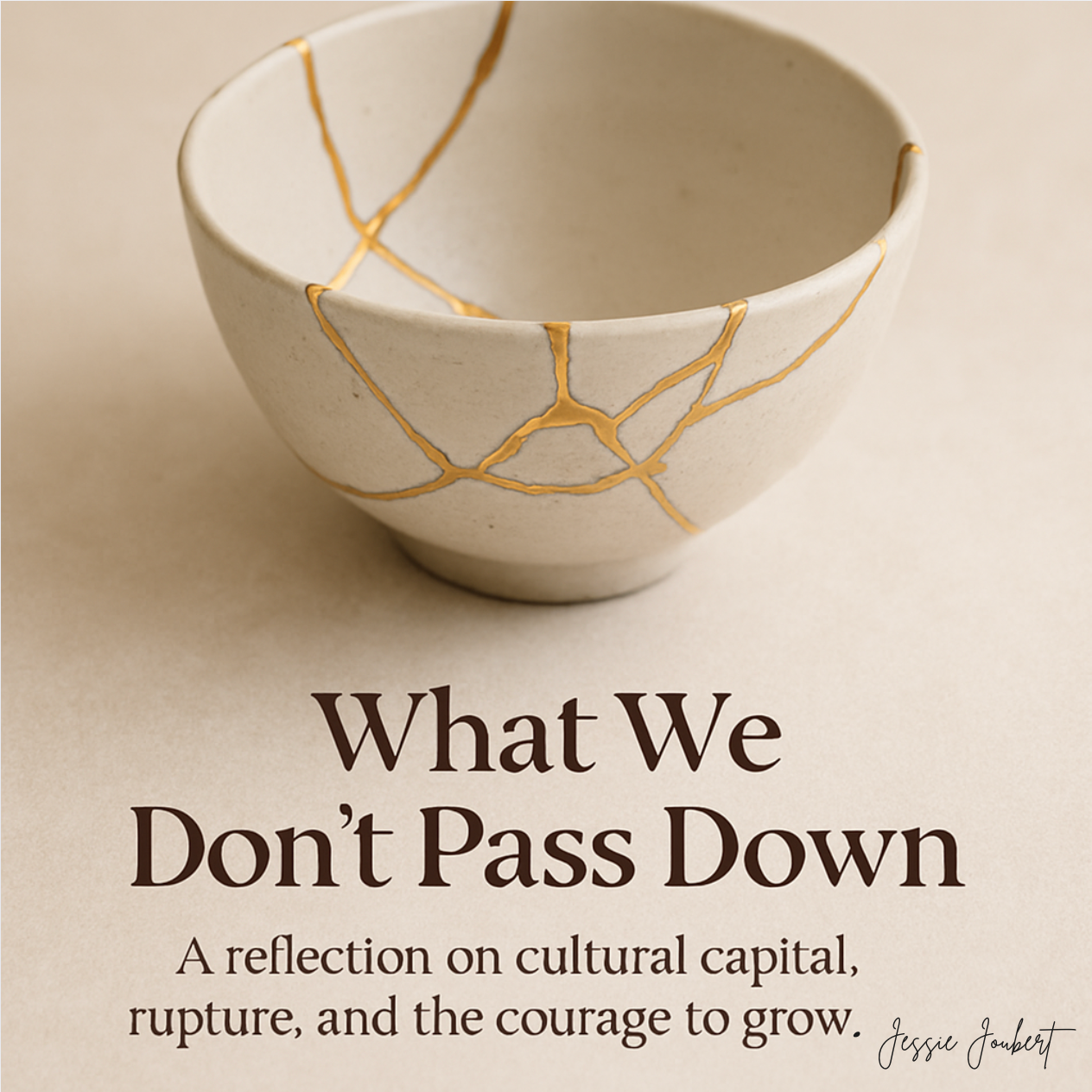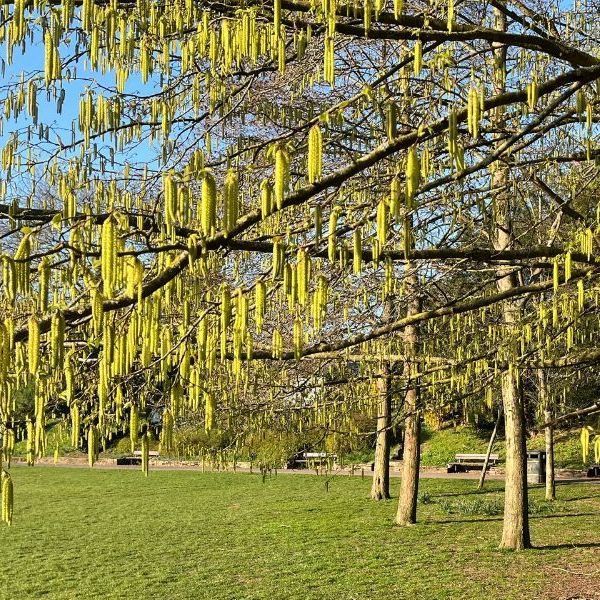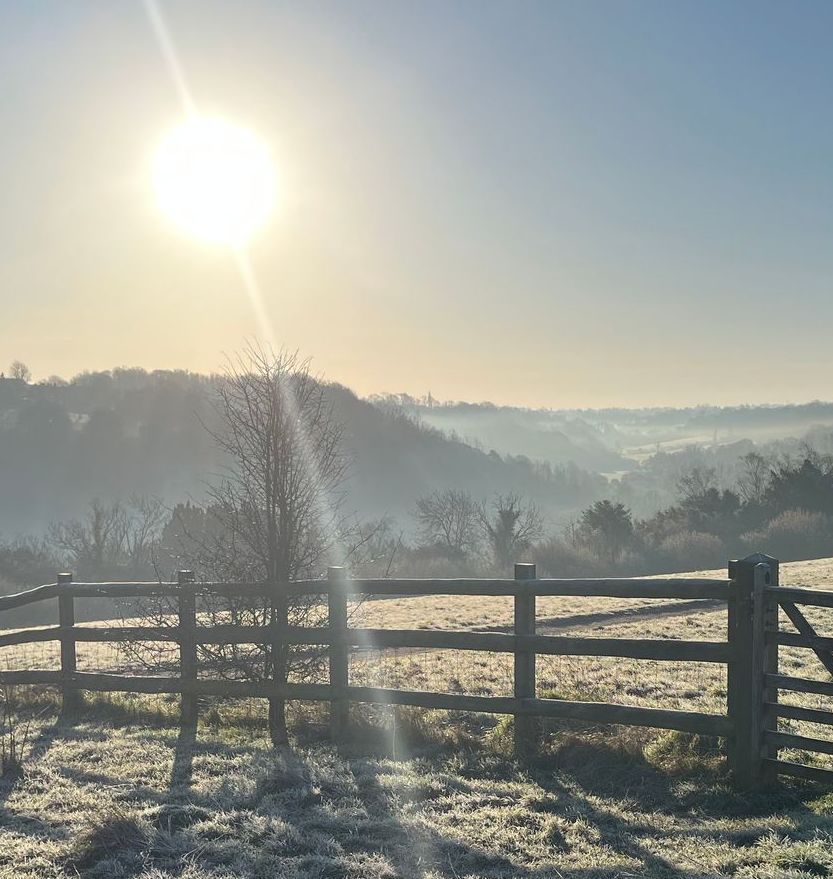
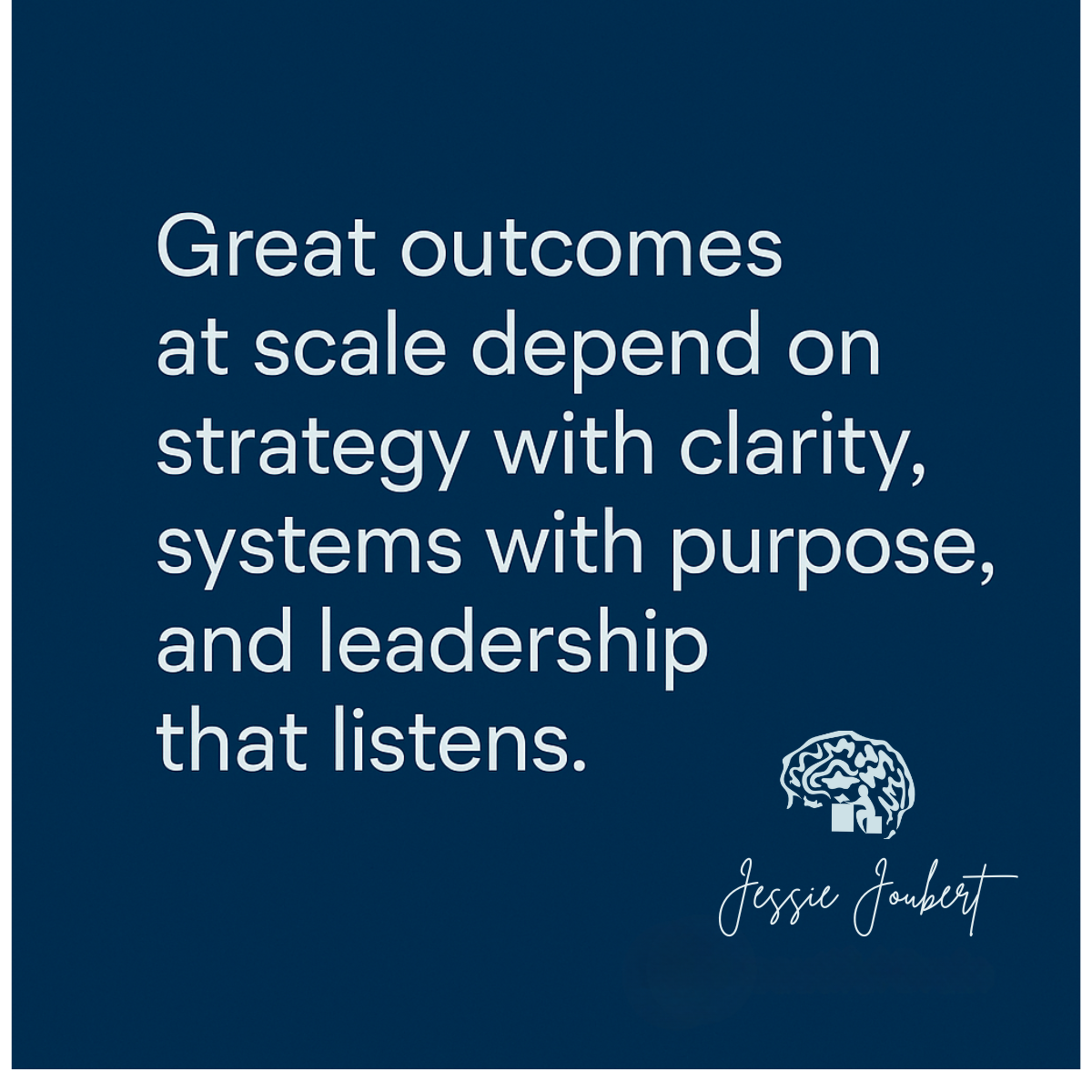
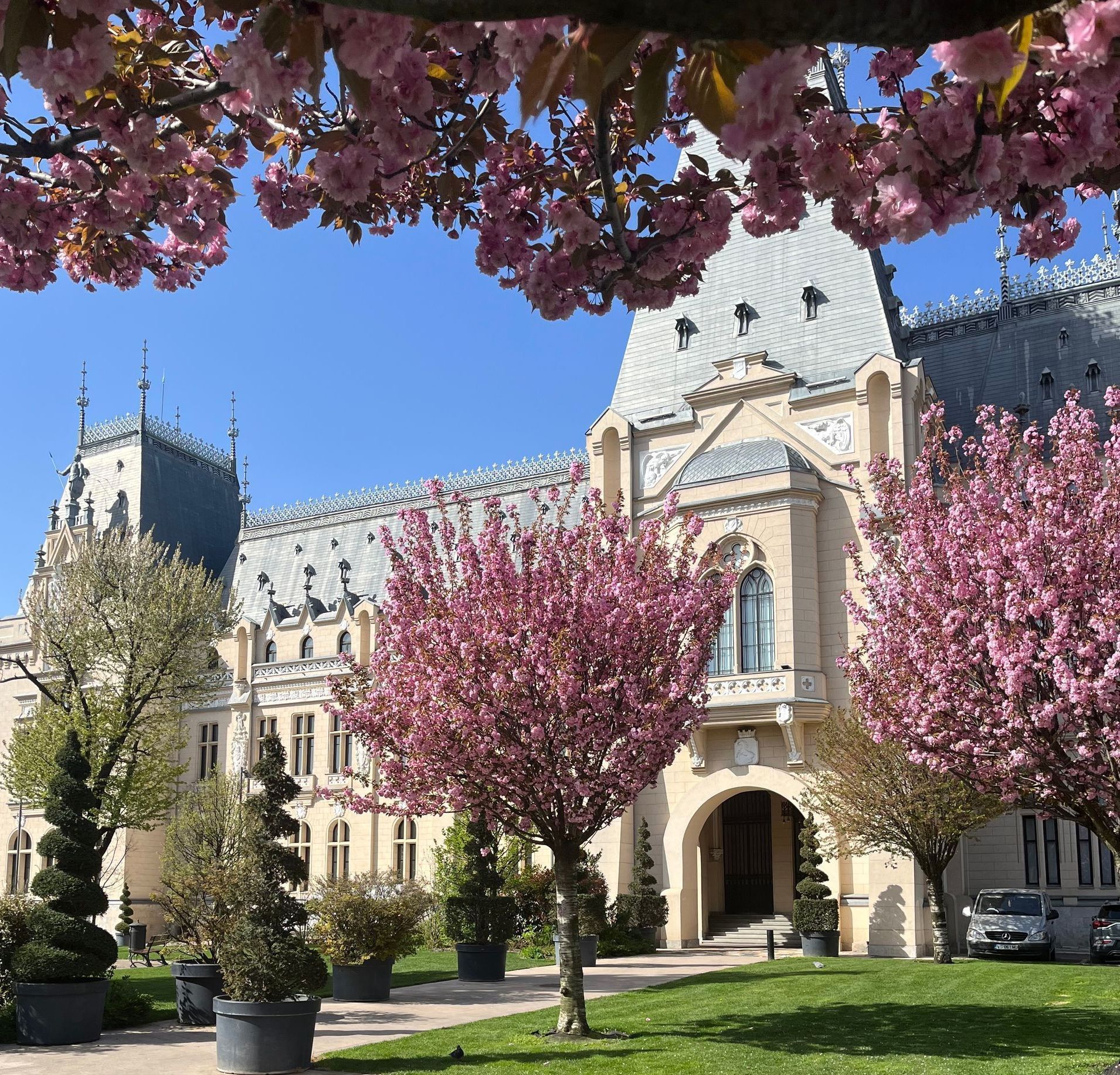
Unlocking Opportunity: Rethinking Cultural Capital in Education
Why we must build, not assume, cultural capital — and how it opens doors to equity, dignity and belonging.

Cultural capital isn't just a buzzword — it's a gateway. In this piece, I reflect on how schools can broaden opportunity by recognising the hidden assets learners bring and rethinking the assumptions that too often close doors. Drawing from theory, practice, and lived experience, I explore how cultural capital intersects with inclusion, early intervention, and social justice — and why we must build it early, equitably, and with care.
Cultural capital plays a quiet but powerful role in shaping learners' outcomes. Too often misunderstood as an elitist concept, it actually holds the key to unlocking opportunity—if we reframe it inclusively, and act early.
What Is Cultural Capital, Really?
French sociologist Pierre Bourdieu defined cultural capital as the knowledge, skills, behaviours, and experiences individuals possess that confer advantage in society. While often reduced in schools to content knowledge or enrichment, cultural capital is far more layered—it includes familiarity, fluency, and confidence within academic spaces.
Bourdieu identified three forms:
- Embodied: Habits, language, mindset
- Objectified: Books, tools, artefacts
- I nstitutionalised: Qualifications and credentials
In schools, this can be seen in fluency with academic language, ability to ‘read the room’, or knowing how to ask for help. These are not inherent—they are shaped by experience and exposure.
Inequity by Assumption
Learners who arrive with these assets—often through privilege—are positioned for success. Those without may be misinterpreted as disengaged or disruptive.
Take Student X: a 13-year-old excluded multiple times before anyone explored his learning profile. His story, shared here, reveals the consequences of assumptions and the cost of delayed intervention. His internalised shame, misread behaviours, and lack of early support illustrate what happens when systems overlook cultural and cognitive gaps.
From Policy to Practice: Reframing the Role of Schools
Ofsted’s 2019 definition—“the essential knowledge children need to be educated citizens”—supports a broader, more inclusive view. Schools are not passive observers of inequality; they are active builders of cultural capital.
Strategies include:
- Early exposure to experiences (texts, trips, speakers)
- Celebrating home languages and lived knowledge
- Scaffolded support for literacy and vocabulary gaps
- Assistive technologies and inclusive pedagogy
- Valuing neurodiverse strengths
SEND, Literacy, and Social Justice
The link between unmet SEND needs and exclusion is well-documented. Many learners enter alternative provision or the justice system before their needs are even identified. Literacy challenges—especially when undiagnosed—compound this issue.
The SEND Code of Practice and frameworks like Gateshead’s YOT SEND Protocol call for earlier identification, higher expectations, and tailored support. This isn’t just educational—it’s societal.
Critical Caution: Avoiding Cultural Tokenism
Efforts to build cultural capital must be critically informed . When left unchecked, they risk reinforcing dominant norms and marginalising difference.
Educators must ask:
- Whose culture is valued?
- How can we integrate, not replace?
- Are we affirming identity or expecting assimilation?
As Yosso (2005) reminds us, cultural wealth lives in community knowledge, home languages, lived stories, and resilience.
Conclusion: From Enrichment to Equity
Cultural capital shapes more than attainment—it shapes belonging. It’s not something a child should have to arrive with; it’s something schools can actively nurture.
Early, inclusive investment in cultural capital is not a luxury. It’s an act of justice. When schools act intentionally, they don’t just raise standards—they raise each other.
Click for the full article and references



